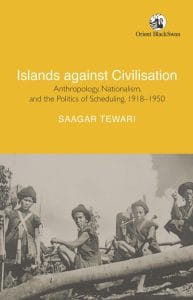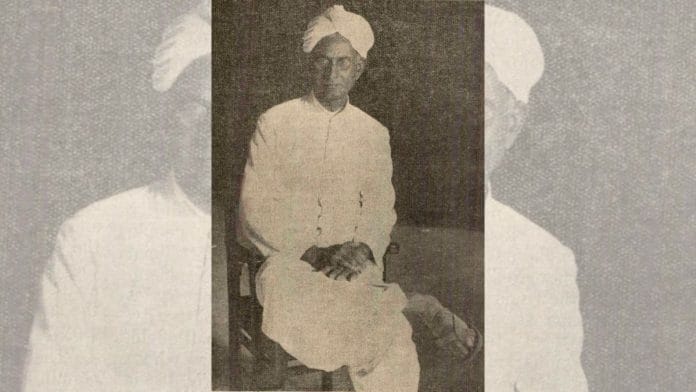The educational backwardness of the tribes was an incontrovertible fact, a result of neglect by the colonial State for the past one-and-a-half centuries. Additionally, the geographical isolation of these communities in ‘remote hilly and jungle parts of the country, as well as in their own colonies in the plains’ was a major factor in creating this deficit. Only in some areas like the Ranchi district and the Chota Nagpur plateau had the work of Christian missionaries resulted in the educational advancement of tribal people instead.
In response to Ambedkar’s jibe that the aboriginals do not have a single graduate amongst them, Thakkar wrote that he had been able to collect a list of 112 graduates. Of these, seventy-two were from the Mundas, Oraons, and Santals of Bihar, even though most of them were Christians.
A number of these were professors in colleges or employed in the judicial and educational services of the Province. Next came Madras, which accounted for twenty-one graduates, mainly from the Badaga tribe of the Nilgiris, but also from the Yerukulas and Enadis of the East Coast. Most of them were Hindus who had ‘advanced considerably through their own efforts’. Assam came third with eleven graduates, who were mostly Hindus and practising lawyers. Mavis Dun, a Khasi law graduate, had been a minister in the provincial government. Another law graduate, Rupanath Brahma, had been a minister for the past six years. Among other Provinces, C.P. accounted for five and Bombay for four graduates, respectively.
Also read: Morarji Desai reversed the changes Indira Gandhi made to PMO. Starting with the name
These numbers led Thakkar to argue that ‘even now there is an appreciable intelligentsia from these tribes, who may be drawn upon to represent them in the Legislature, the Executive, as well as the Services’. Thakkar expressed the hope that the ‘very large number’ of tribals receiving a college education would soon ‘come out and rub shoulders, not only with Harijan graduates, but also with advanced communities in the country’. However, he reiterated the need for State-sponsored ‘schemes of special measures of advancing their education and social betterment’. A consequence of the debate with Ambedkar was that education came to be a defining aspect of tribal backwardness in the nationalist imaginary.
In April 1946, the Congress took over the reins of power in the Central Provinces and Berar. Upon its behest, A. V. Thakkar drew up a five-year plan for the backward areas of the province. In this short report, Thakkar emphasised the need for a comprehensive welfare plan that would ‘embrace along with economic betterment, the improvement questions of … education, health and communications’ for the tribals of the Province.
For the purposes of administrative convenience, he divided the backward areas of the entire Province into ten contiguous zones with roughly equal population levels. He proposed that every year, five schools should be started in every zone, each of which would be manned by at least two teachers. ‘Aboriginal conditions’ would be taken into account while framing the syllabus. Half of the total school hours would be utilised to impart education in the three Rs (Reading, Writing, and Arithmetic), while the rest would be devoted to manual work such as ‘agriculture, gardening, some handicrafts suited to the locality, physical training and outdoor games’.
If the scheme was to run smoothly, Thakkar envisaged that about 250 new schools had to be opened and run by the newly established Welfare Department of the Government of C.P. and Berar.
These educational policies were soon to have an impact on tribal regions within the Princely States as well. In December 1947, four months after the State of Bastar acceded to the Indian Union, Thakkar Bapa reached the newly formed district. He addressed a public meeting at Jagdalpur Public Library, where he announced scholarships for aboriginal girls who attended the primary schools.
When the Social Education scheme was launched in Jagdalpur town for the education of adults, it was Thakkar who inaugurated it on 1 May 1948: he gave his blessings and ‘the first word taught in his presence in each of these centres was the beloved word of the Hindus, i.e.“Ram”’.
 This excerpt from Saagar Tewari’s ‘Islands against Civilisation’ has been published with permission from Orient BlackSwan.
This excerpt from Saagar Tewari’s ‘Islands against Civilisation’ has been published with permission from Orient BlackSwan.






